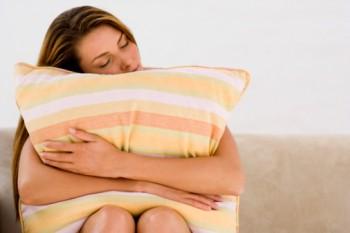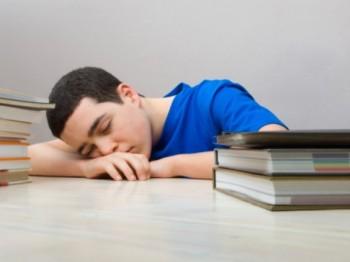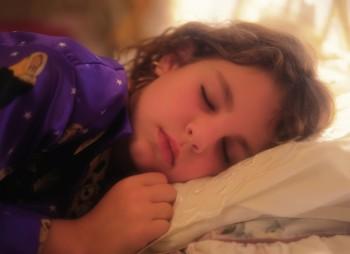Light Found to Affect Fear
Studies are finding that the amount of light in a room affects how we learn to be afraid.

Researchers postulated that mice, being nocturnal, fear intense light in a similar way that humans, who are diurnal, fear darkness. Photos.com
|Updated:




